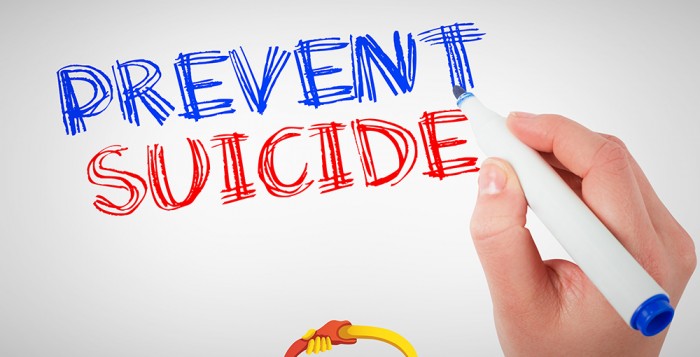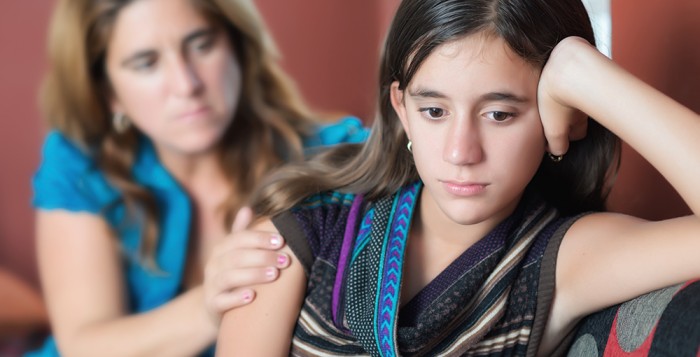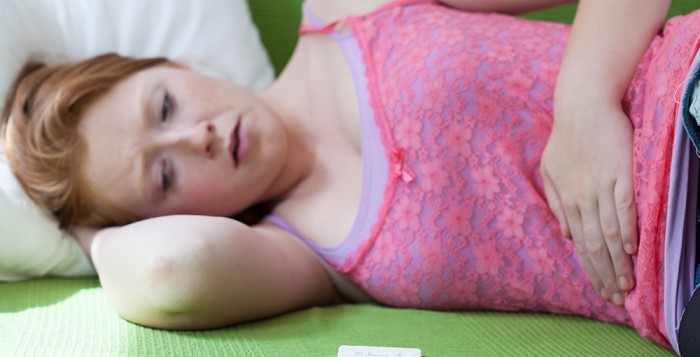The Pennsylvania Department of Education, Bureau of Special Education is pleased to announce the following training opportunity provided in collaboration with The McDowell Institute for Teacher Excellence in Positive Behavior Support, Bloomsburg University:
Youth Mental Health First Aid
Monday, May 15, 2017
8:00 am – 5:30 pm
Hershey Lodge and Convention Center
Presenters: McDowell Institute, Bloomsburg University
Youth Mental Health First Aid (YMHFA) is an 8-hour training designed to teach people methods of assisting a young person who may be in the early stages of developing a mental health problem or experiencing a mental crisis. This training is being offered, free of charge, to school and/or agency professionals to ensure ample support is available to youth across Pennsylvania’s schools. Suggested participants in YMHFA training are listed below.
Please note: this training is considered introductory and does not inform advanced skills/strategies.
Target Audience:
This training is open to classroom teachers, administrators, social services staff and volunteers, substance abuse professionals, social workers, school psychologists, guidance counselors, counselors, family members, college/university leaders, nurses, physician assistants, primary care workers, and policymakers.
Registration is available immediately, first-come, first-served. Space is limited. To register, interested participants should contact Charlotte Kemper.
















